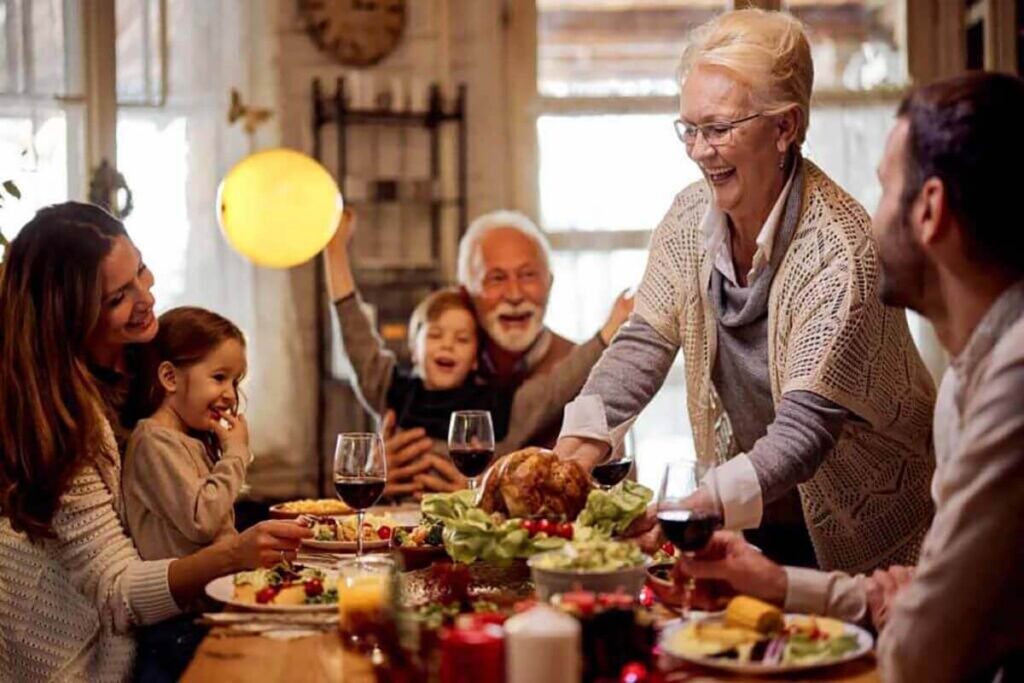It’s that time of year — crisp temperatures, football matchups, and pumpkin spice on every menu. Fall is here.
As we enjoy our favorite autumn comforts, it’s important to remember the unwanted guests fall brings — viruses.
Three viruses — COVID-19, flu, and RSV — can be really dangerous, especially for the elderly and tiny tots. But there’s good news: For the first time ever, we have fall vaccines to protect us from all 3.
“This is a really great fall for vaccines to prevent this triple threat of respiratory viruses,” says UVA Health infectious diseases expert William Petri, MD.
Which Fall Shots Do You Need?
Here’s an easy breakdown:
- If you’re age 60+: COVID-19, flu, and RSV vaccines
- Children and adults ages 6 months-59 years: COVID-19 and flu vaccines
- Babies up to 8 months: RSV antibody
3 Key Things to Know About Fall Vaccines
Here’s why you’ll want to head to your local pharmacy or call your primary care office to schedule your fall vaccines and ask about the new RSV antibody for little ones.
This is a really great fall for vaccines to prevent this triple threat of respiratory viruses.
William Petri, MD, infectious disease expert
Avoid Getting Really Sick From the Flu
The flu shot is your best bet to avoid getting the flu and passing it to those at risk of getting really sick — small children and the elderly.
While not fool-proof, the flu vaccination is pretty darn good: It reduces your risk of flu by 40-60%. “Even if you get the flu after being vaccinated, you won’t get as sick,” explains UVA Health Director of Hospital Epidemiology Costi Sifri, MD.
“Infants, children, and the elderly are at greatest risk of dying from flu,” Petri adds. “But boy, if you’ve had flu recently, you don’t want to have it again. This infection is going to lay you pretty low for a few days — and then you’re going to have a really annoying cough and fatigue for days to weeks.”
Get COVID-19 Vaccine & Stay Out of the Hospital
Haven’t been sick with COVID in the past 3 months or gotten a COVID vaccine in the last 2 months? Then the CDC recommends you get the updated vaccine. It’ll protect you through the holidays — when viruses become unwanted guests at family gatherings.
“The COVID-19 vaccines are revolutionary and have saved millions of lives,” Petri says.
“The good news is studies so far show the new COVID-19 vaccine is making antibodies that are 10 times better at getting the old variant from this summer and the newest variants we’re experiencing now,” Petri explains.
The new shot is especially important if you’re pregnant. “Pregnancy increases the risk of severe COVID about twofold and there’s a small, but significant, increased risk of preterm birth,” Petri says.
Parents of young children will need to wait for COVID vaccines. Right now, pharmacies won’t immunize children under 6 and supplies have yet to arrive at pediatricians’ offices, Petri notes.
Need Fall Vaccines?
Learn where to get them and more.
Protect Grandparents & Babies From Deadly RSV
RSV (short for respiratory syncytial virus) can cause severe respiratory disease in infants, young children, and older adults. Fortunately, the FDA approved the RSV vaccine this year for people 60 years and over.
“The RSV vaccine is really revolutionary, as the elderly are at great risk of RSV. In fact, my mother died of RSV infection a few years back when there was not a vaccine,” Petri shares.
You should also get the RSV vaccine when you’re 32-36 weeks pregnant.
For all babies up to 8 months, the CDC recommends a new antibody called nirsevimab to protect against RSV. It was FDA-approved for newborns and high-risk infants this past summer. It can be used to protect high-risk infants as old as 19 months.
“I recommend you go to your healthcare provider and get this new monoclonal antibody for children who are 8 months of age and younger. It will help prevent the first RSV infection that can be so severe in children,” Petri says.
RSV season starts in November. The antibody should be available at pediatrician offices by then.
